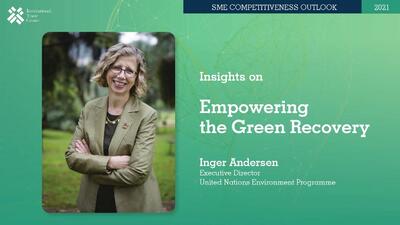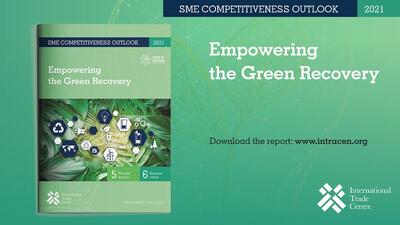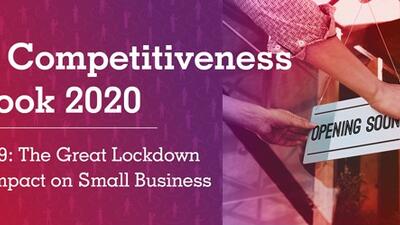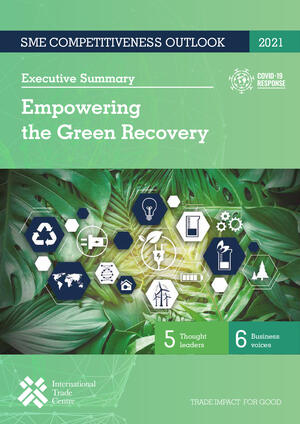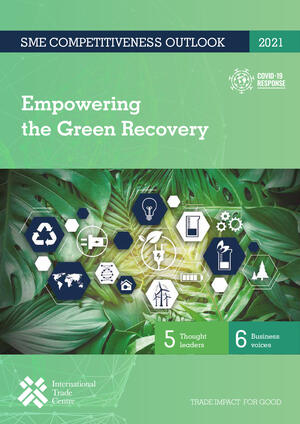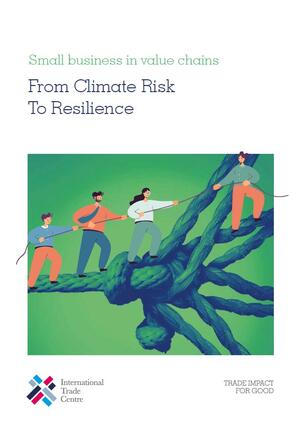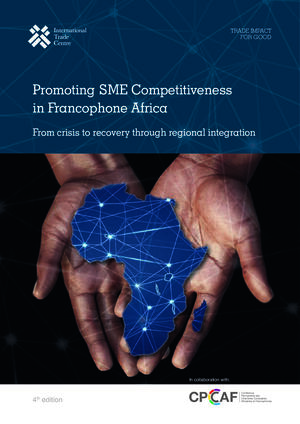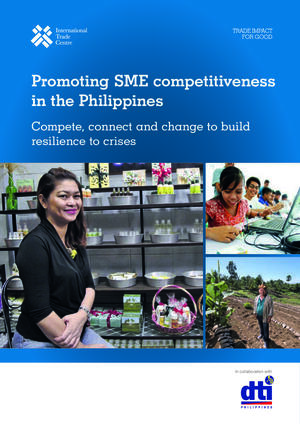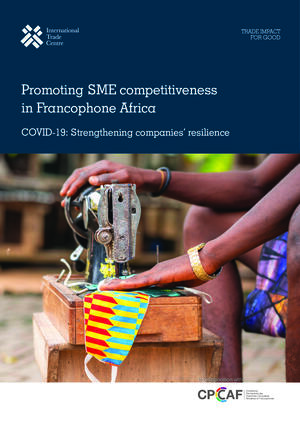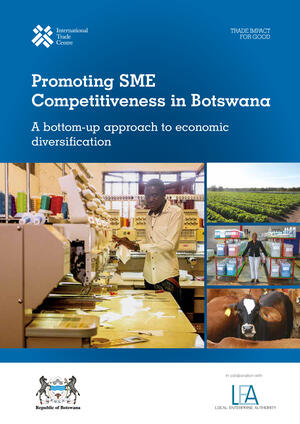
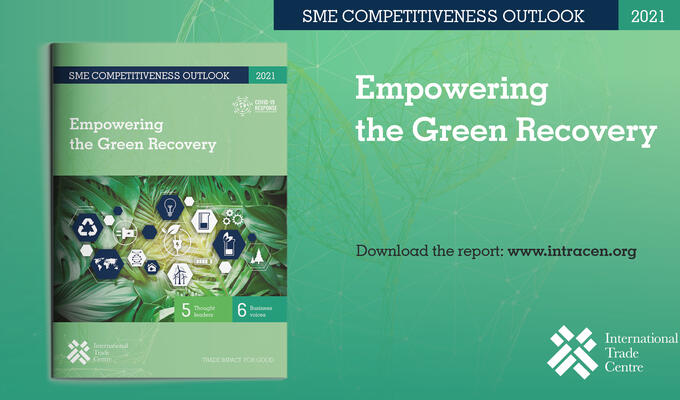
Green recovery: Spur small business climate action for stable economies, says international small business leader
To address climate change, raise awareness, take proactive action and set up systems to hold governments and small businesses accountable, says Dr. Ayman El Tarabishy, President and CEO, International Council for Small Business.
Our collective participation in the vitality of small businesses is essential to keeping society functioning and stable.
Accounting for two-thirds of global employment and half of global gross domestic product, small and medium-sized enterprises (SMEs) are the best indicator of economic and societal health. Throughout the coronavirus pandemic, we have seen just how devastating it is to the global economy when an unexpected crisis shuts down businesses.
In a world that is dominated increasingly by the effects of climate change, small businesses need more support than ever to keep economies running and citizens happy and healthy. Small businesses, governments and industry leaders alike can work together to build a resilient ecosystem by raising awareness, emphasizing proactivity over reactivity and cultivating accountability.
Need for awareness
For people to be aware of an issue and accept its significance, there must be collaborative and coordinated efforts to address it. Only 19% of small businesses have been able to work with their governments regarding climate change, according to the UN Environment Programme Finance Incentive.
Although global programmes such as the SME Climate Hub offer a united front against the climate emergency, participation is optional. This puts the onus on small businesses to act, even though the problem is a shared one.
Once the awareness-raising process starts, it becomes self-perpetuating. When researchers and small business advocates successfully lobby governments to address climate change, governments can reach more small businesses. From there, small businesses can spread the word further through their local networks, increasing engagement with governments. Disseminating information leads to a more informed and active population.
Proactive vs. reactive
There also must be a sharp shift in attitude regarding the climate crisis. Presently, only 26% of small businesses have adapted plans for climate change; lack of political backing and monetary support are viewed as the main obstacles. There also is a tendency to consider climate change as an abstract concept when extreme weather conditions have yet to affect day-to-day operations, as Harvard Business Review notes. Yet if support for small businesses only comes after such daily impact, it will be much too late.
Governments can provide incentives for small businesses to be proactive in adapting to climate change, through financial support and educational resources. Financial incentives, including tax breaks and carbon offset programmes, reward entrepreneurs for their time in creating sustainable businesses. In conjunction, small business associations can provide support through training materials, published research and best practices for climate adaptation.
Accountability
Positive results depend on ensuring accountability on the part of governments and small businesses. Just as large corporations have a board of directors to supervise their business, a dedicated oversight board on small businesses and climate change can set specific goals and carry out regular checks to monitor participation. Furthermore, designated representatives can act on behalf of small businesses and empower business owners to collaborate with the wider ecosystem.
Such oversight helps to encourage and steer actions of small businesses, which must prepare for climate change while keeping up with day-to-day business demands, as well as of governments’ balancing of other urgent needs.
Action by governments and business leaders will allow small businesses to protect against the risks of climate change and will contribute to the greater good. This is no small feat – the world is increasingly complex and intertwined, with individual industries and countries requiring unique solutions to the challenges they face. Despite the constraints, it is essential that we realize our mandate to ensure a future for the next generation of small businesses and communities.
By fostering widespread awareness, protocols and accountability to address climate change and alleviate its impact on small businesses, we can free them to innovate and create solutions for local and global communities.
Sources:
- Albaz, Abdulaziz, Tarek Mansour, Tarek Rida, and Jörg Schubert. "Setting up small and medium-size enterprises for restart and recovery." McKinsey & Company. 9 June 2020. https://www.mckinsey.com/industries/public-and-social-sector/our-insights/setting-up-small-and-medium-size-enterprises-for-restart-and-recovery#. Accessed 9 May 2021.
- "Coronavirus (COVID-19): SME policy responses." Organisation for Economic Co-operation and Development. 15 July 2020. https://www.oecd.org/coronavirus/policy-responses/coronavirus-covid-19-sme-policy-responses-04440101/. Accessed 12 May 2021.
- "Business Unusual: Why the climate is changing the rules for our cities and SMEs." United Nations Environment Programme Finance Incentive. https://www.unepfi.org/fileadmin/documents/business_unusual.pdf. Accessed 9 May 2021.
- Markman, A. (2018). Why People Aren’t Motivated to Address Climate Change. Harvard Business Review, 11, •••. Retrieved from https://hbr.org/2018/10/why-people-arent-motivated-to-address-climate-change# Accessed May 13, 2021
This article has been drawn from the International Trade Centre’s flagship report, SME Competitiveness Outlook 2021. It takes on the theme of empowering the green recovery, showing how small businesses can rebuild to prepare for the looming climate crisis.
Small firms generate more than 50% of jobs and greenhouse gas emissions, so their resilience matters: Resilient companies were five times less likely to lay off employees during the pandemic, and more likely to have stable sales, according to new data in the report.
What’s more, small firms are the backbone of communities everywhere. Putting them at the heart of a green recovery can hasten the cultural and economic transformation required in times of climate change.
While small firms can help drive the green recovery, they can't do it alone. Business support organizations, governments, lead firms and international organizations have to provide incentives for small firms to lead the green transition. This report provides a 20-point Green Recovery Plan for key players to help small businesses become more competitive, resilient and green.





